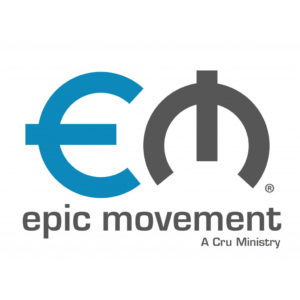
The more time I spent with Don, the more pleased I was that I had chosen him as my counselor. We simply clicked. My interactions with him filled me with laughter, insight, and a strong sense that I was fully known and cared for. As I recounted numerous painful experiences from my childhood, I learned a lot from Don about my tendency to become detached when I am in emotional pain. I was also learning about the healthy purposes of different emotions. Sadness, for instance, is a signal for help and emotional connection; fear exists to alert us to potential danger, and anger is there to show us that something is wrong and must change. I was on the road to finally accepting and even embracing the dark emotions inside me.
Don challenged me to explore why the strong domineering personalities on my team affected me the way they did. What painful experiences from childhood resulted in my being filled with such anger, fear, and sadness whenever someone tried to control and belittle me? I won’t go into detail about every traumatic event that I have ever endured, but there is one that I realized was intimately connected to my reactivity towards critical people. When I was in the first grade, I struggled in school and got an F on a test. I was terrified to show it to my mother, who had a very short temper and was quite strict with me. When I showed her my test grade, she blew up at me, repeatedly slapping me across the face and barraging me with angry words. My mother screamed, “Why are you such a loser?” Ever since that moment, those words have been indelibly seared into my heart. When I am around people who criticize and tear me down or neglect to offer me words of encouragement, I feel like a loser.
I knew that becoming more loving toward my team members was going to be a challenge. I needed God’s help to get me through this. I tried to be present and engaged in my interactions with my difficult coworkers and to be more mindful of my facial expressions and body language. It was hard work! Finally, after a few weeks, something interesting happened. One day, one of the teammates I’d had trouble with asked, “What happened? You’ve changed. You don’t disengage as much as you used to, and you are a lot more emotionally present in our meetings. You are much more intentional and you have even been smiling here and there. It has been nice!” I told my team members about my conversation with Alfred and about how I had begun counseling recently. This was a ray of hope: for the first time, I felt that my situation with my teammates could improve.
I knew that April 1st was the deadline to submit my application to continue my work as a campus minister. I had to hurry, but fortunately I was able to submit my application and my references on time. I really hoped that I would be asked to continue my work with Epic Movement beyond my last intern year. Had my efforts to improve my relationship with my team been enough? Was there anything else that I still needed to do in order to prove my commitment to the ministry? Around the end of the month, I received a phone call from another higher-up at Epic Movement, who told me that my application had been denied. When I asked why, she told me that it had come down to that difficult relationship I had had with my team for most of the year. I tried to explain the progress that I had made in counseling, but it was clear that the decision had already been made. Too little, too late, it seemed. That moment was so painful for me. Waves of fear, confusion, rage, deep sadness, and, above all, immense shame washed over me. What was everyone going to think of me? I was sure that they would think that there was something wrong with me that had led to my unacceptability as a campus minister. I bawled my eyes out that night. It took me about a week to be able to speak about my disappointment without breaking down.
